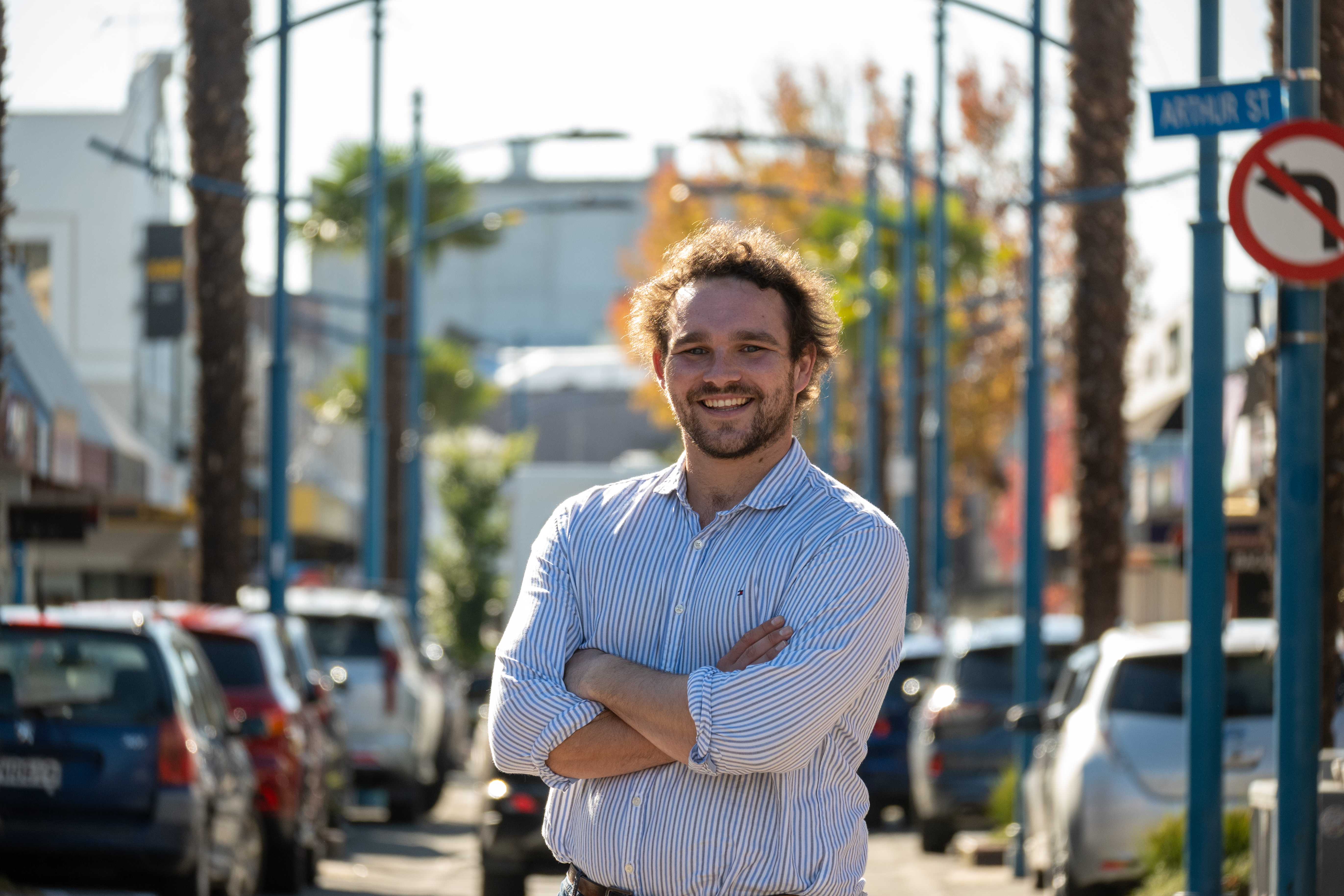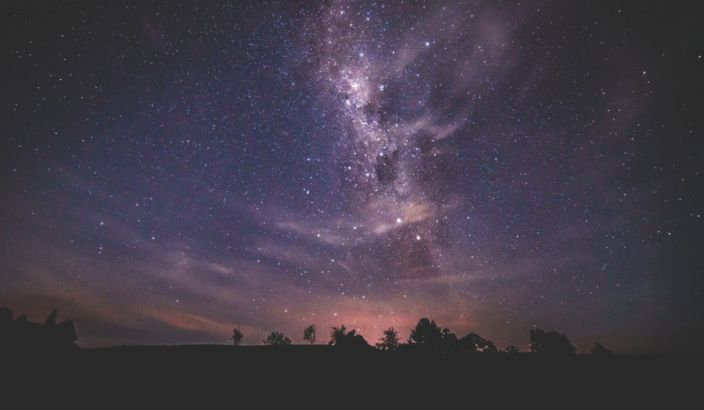Night sky delight


Dr Ellen Cieraad explains why dark nights are so important. Photo: Supplied.
A hard-wired desire for darkness in humans has been supported by a recently released research survey led by local academics.
NMIT research professor Dr Ellen Cieraad and Department of Conservation Dr Jeff Dalley have conducted a survey of 1000 New Zealanders around how important a dark night sky is to them.

Ellen and Jeff’s research found that more than three quarters found that whether it was for astronomy, sleep or the environment, protecting dark night skies was important for them.
“Our valuing of darkness might be more hard-wired than previously thought - this is not necessarily surprising but has not been shown before, and these findings can help initiatives that protect the dark nights skies that we still have in New Zealand.
“We know that light at night also has unintended consequences for human health and cultural connection, people in our survey did not consider light at night being such an important issue for those topics.
“Marlborough has some pretty good dark skies however there are many places around the regions emit light not just in the cities which I think most people accept - more than half of the light emitted globally is emitted from non-urban locations. In the right circumstances, light pollution can be seen more than 150km away from the source as a large glowing ball on the horizon”.
Ellen says natural darkness supports healthy physiological processes, emotional wellbeing and cultural connection to the night sky. “Animals also behave differently when their environment is lit at night: for example, the amount and effectiveness of pollination decreases close to streetlights.
Some types of light, especially more blueish hues of light like commonly used LED lights scatter more readily in the atmosphere, creating more light pollution.
The next step in Ellen’s research sees people asked to share their own experiences in the global study “Under One Sky: Exploring People’s Connection to the Natural World at Night.”
“In short, the idea is to light only what you need, only when it is being used, and then as dimly lit and with as warm a colour as possible with sensors and timing helping to limit use. Letting your council know that you care about the light levels where you live will help them support initiatives that improve access to natural darkness.
“Think about whether the light in your garden really needs to be on at night - the birds and other wildlife can’t turn their lights off, so they will thank you for it?
See the night light pollution map for Blenheim at https://www.lightpollutionmap.info
